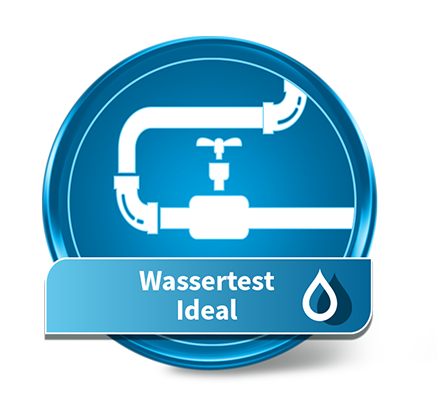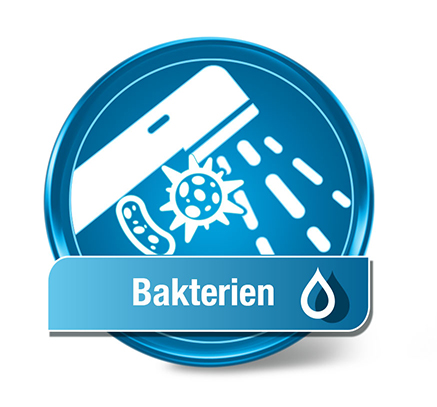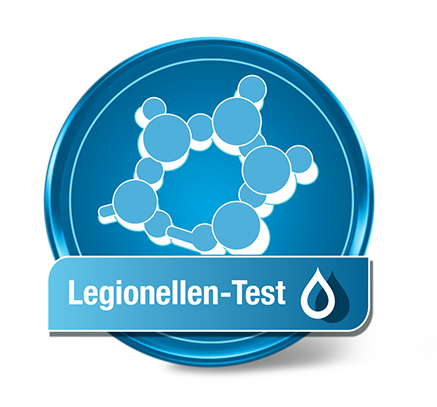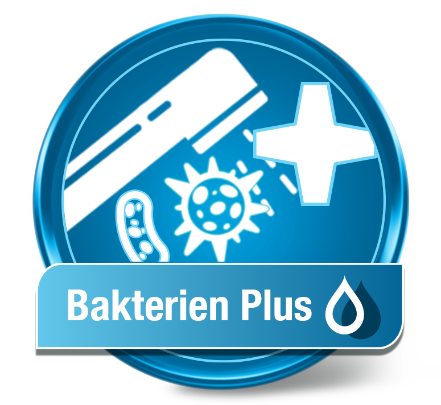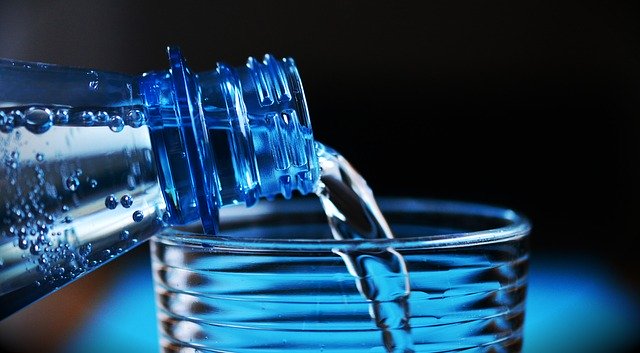 Mineral water or tap water?
Mineral water or tap water?
More and more people are asking this question – not only in Switzerland. Every year, Swiss people drink around 900 million litres of mineral water. Yet recent tests show that mineral water isn't necessarily healthier or richer in minerals than tap water.
Before we continue, it's important to clarify what kind of mineral water and tap water we're talking about. Not all mineral waters are the same – their compositions vary widely.
In Switzerland, tap water is safe: it is one of the most strictly monitored food products. Providers such as EWL (Energie Wasser Luzern) or EWB (Energie Wasser Bern) regularly publish publicly accessible water analyses.
What minerals and substances are in tap water?
Swiss water – from groundwater, lakes, and springs – typically contains:
- Calcium: 41–96 mg/l
- Sodium: 1.7–7.6 mg/l
- Potassium: 1.0–2.6 mg/l
- Magnesium: 3.7–8.9 mg/l
- Nitrates: 3.6–9.0 mg/l
- Nitrites: < 0.005 mg/l
- Sulfates: 9.1–11.2 mg/l
- Ortho-phosphate: 0.002–0.003 mg/l
- Chloride: 1.1–8.6 mg/l
- Bicarbonate: 126–326 mg/l
- Ammonium: < 0.03 mg/l
This water does not fully cover the daily mineral needs. But for people with kidney disease, these values are important. A water analysis can also reveal pesticide or fertiliser residues.
Is tap water dangerous?
Swiss tap water is of high quality – but only up to the connection in your home. After that, pipes may be problematic. One in six tests exceeds the limits for heavy metals.
Old pipes can release lead, copper, zinc, iron or nickel due to corrosion. To be sure, use a test kit.
Why choose tap water?
- Price: Around 0.2 centimes per litre – compared to 20–90 for bottled water. A family can save up to CHF 2,000/year.
- Ecology: 1,000 times lower impact – no transport, no bottles, no industrial cleaning.
- Health: Often contains more minerals and fewer residues than bottled water.
- Convenience: No bottles to carry – just turn on the tap.
- Environment: Less plastic, less CO₂.
- Natural product: Swiss tap water is a raw product – just like mineral water.
- Carbonated water: Use a sparkling water maker if you prefer fizzy water (pay attention to hygiene).
- No lead: Old lead pipes have mostly been removed.
Why choose mineral water?
Mainly for the taste: some people prefer a specific brand, as each mineral water has a unique composition.
Sources
✔ Heavy metals and pollutants
✔ For general drinking water, softeners
✔ Analysis for lead also included
✔ Separate bacteria test recommended
✔ Focus on bacterial contamination
✔ For general drinking water, softeners
✔ Risk of transmission during showering
✔ Causes Legionnaires' disease
✔ Most common contaminants
✔ Bacteria analysis available separately
✔ E. coli, coliform bacteria
✔ Enterococci
✔ 20 common PFAS chemicals
✔ Per- and polyfluorinated alkyl substances
✔ 100 Test strips
✔ For general drinking water, water softeners


